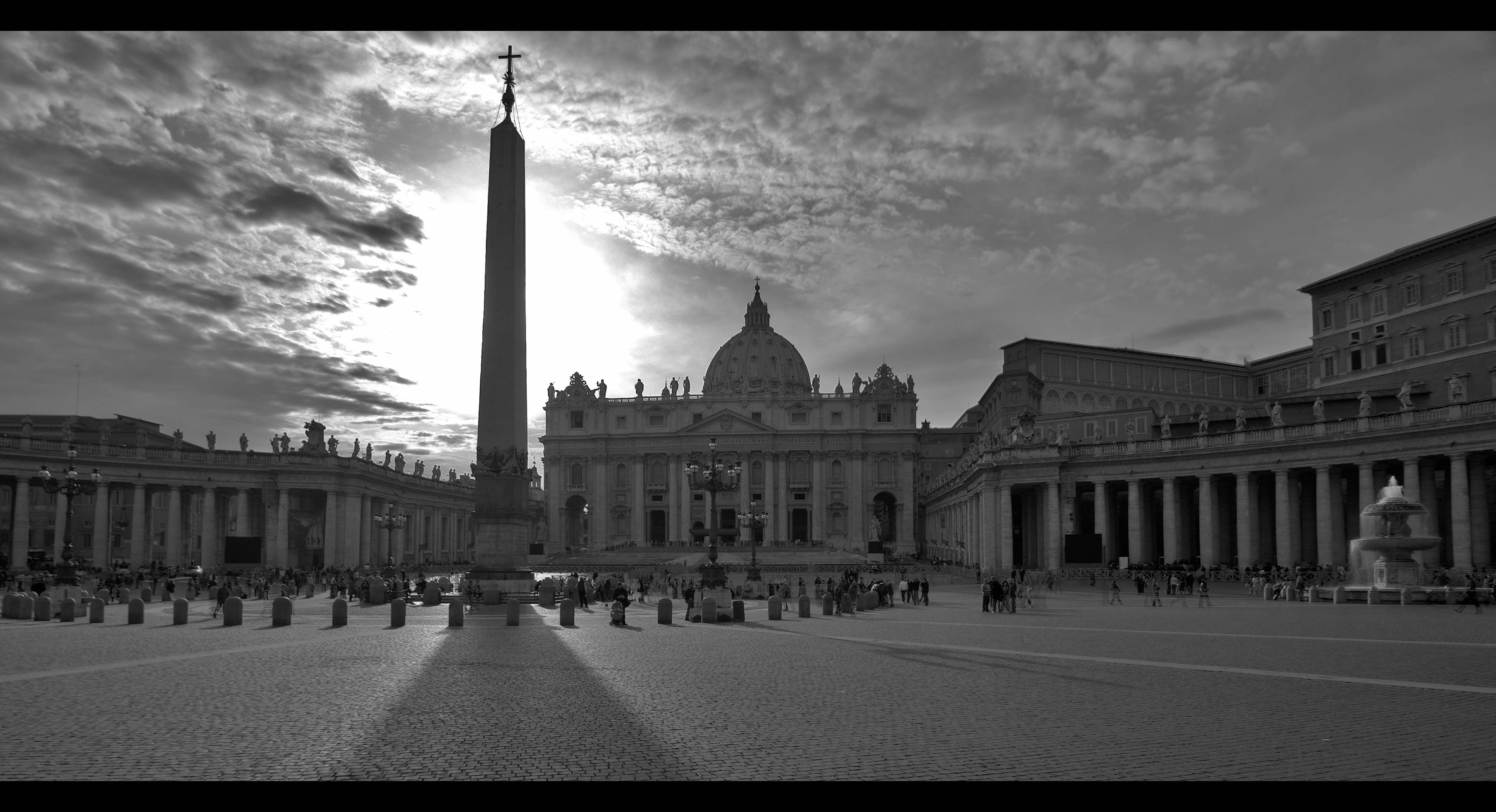On Easter day, Christians throughout the world are invited to be overcome with joy that God, in Christ, proved himself of drawing out of a horrific tragedy new and hope-filled life and possibilities.
God in Christ did something that demonstrated that an end can, through his grace, become a beginning and that even what we fear the most can be transformed.
What God in Christ did was, of course, his resurrection from the dead. And mind you, by resurrection from the dead we are not trading in metaphor or symbols, in understanding something in a new way or discovering a new outlook or perspective. The Lord Jesus was really and truly dead- a battered and bloody, mangled and mutilated, corpse in a grave, and this Jesus is really and truly alive.
The American author Flannery O’Connor put it most aptly when she has one of her characters remark that it is Jesus who “throws everything off” and it is not just his teachings that do the “throwing off”- it is, most especially, his resurrection. The world has been reeling from being “thrown off” by the resurrection for over two thousand years and it is the Christian who should be the one who has the least equilibrium. We should know that because of it all the tectonic plates that we take as solid have and continue to shake and shift. What human beings had, for countless millennia projected into the world as sure and certain are irrevocably altered by God in Christ’s extraordinary surprise.
We thought we had it all figured out and then Jesus Christ, crucified and risen from the dead, threw everything off.
Today’s Gospel presents an extraordinary account of the resurrection of the Lord Jesus.
Christ’s disciples, who had abandoned and betrayed him, are living in fear. We are told that they are afraid that those who had executed the Lord Jesus with such cruelty and ruthlessness are coming for them and this should not be taken as an illogical conclusion. Yes, they were in danger, but not just from the wicked people who had crucified their Lord.
The danger was the Lord Jesus himself. And before him all defenses, represented by the locked door, would prove ineffectual.
You see, if the rumors they were hearing were true, and the tomb was empty and the Lord Jesus was alive, then he was truly more than what they had conceived him to be, and he had a power greater than anything that they had seen him reveal.
Christ’s words about judgement, with its dramatic separation of good from evil, and the horror of losing the opportunity that he offered, was undoubtedly afflicting their hearts and minds.
If and when the Lord Jesus returned to them what would he do with those who had abandoned and betrayed him? They knew what they deserved.
And they would be surprised. They would be thrown off. They would not receive from Christ what they expected or what they deserved.
Christ could have thrown fists, what he did, instead, was offer mercy.
If the story of the Lord Jesus was simply the construct of a human author, then the ending would have likely been very different than what the testimony of the Gospel delivers to us.
Our sense of justice is fierce and terrifying. We render what we believe is due to people with calculation and cruelty. We are not naturally inclined to restraint when we feel we have been wronged and our response to being hurt is often to hurt those who we perceive have hurt us even more. We are masters of justifying the manner in which we increase the suffering of the world.
The manner in which we weaponize justice as a means of retaliation and impose restitution as a fatal blow against our enemies is truly dark. The distillation of our sin, our sin rarified into its purest form, is cruelty. We are so quick to pass judgement and mete out punishment for what we conceive others have done or failed to do.
And Christ points out repeatedly and then definitively exposes in his own suffering and death, that the clouds and vapors of our self-righteousness and moral indignation are merely a smokescreen meant to conceal our envy and our hate.
What was done to the Lord Jesus was unspeakably cruel- what price should be paid for such a horrific injustice? What could set things right in its wake?
If the author of the Gospel was merely a human author- somebody would have to pay. “Justice” would have to be served- and served cold.
But the author of the story is not merely a human author, but a divine author, the one, true God himself, and his response is, as I have noted, absolutely surprising. There is a judgement and it sets things right, but it is not what we would have expected.
The great revelation of Jesus Christ crucified and risen from the dead is not simply that he is really and truly alive, but what he does with the new and transformed life in which he is revealed.
That is what today’s Gospel manifests.
What we see and receive in the risen Lord Jesus is not just a real body whose wounds we can touch but an unexpected grace, an undeserved gift. Christ’s followers betrayed and abandoned him. It would have been fitting, it seems, that they received what was deserved for such treachery, a retaliation that was at least equivalent to what they did and a restitution that imposed a burden at least as heavy as the cross he had carried.
That would have been a fitting end to the story. But God in Christ surprised us.
He threw everything off.








